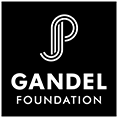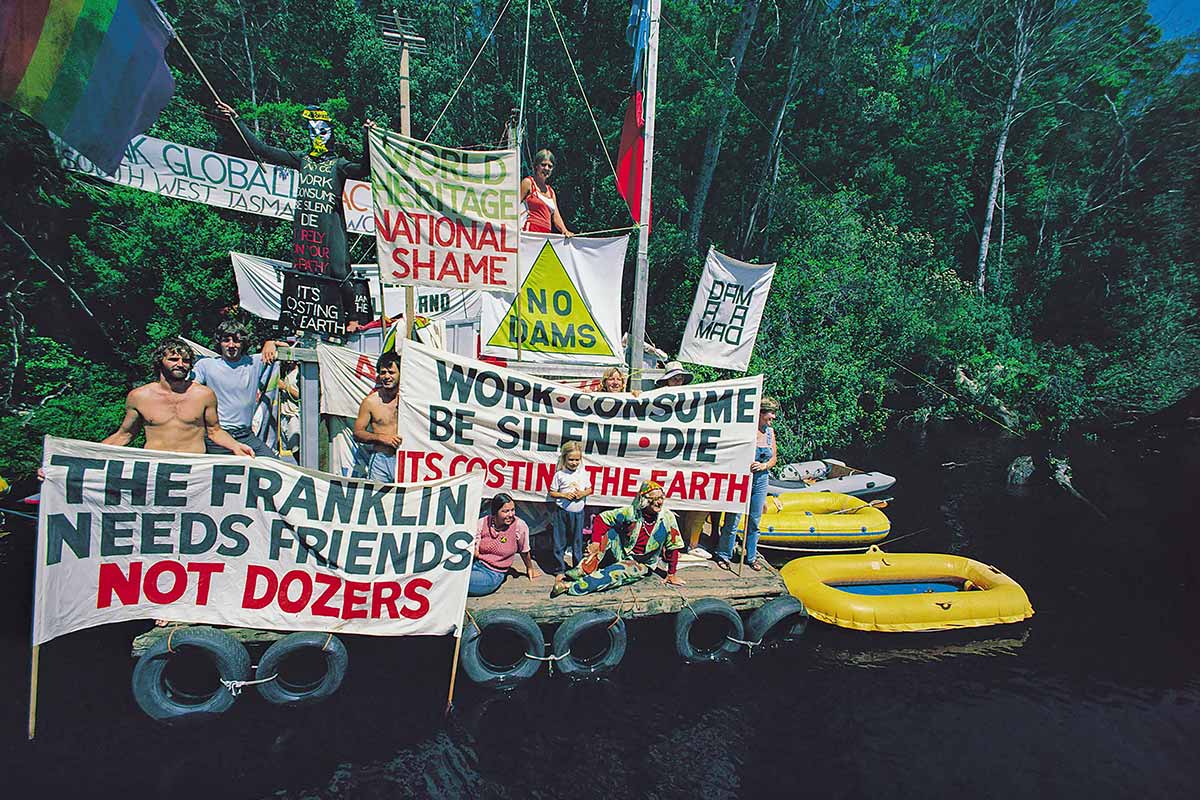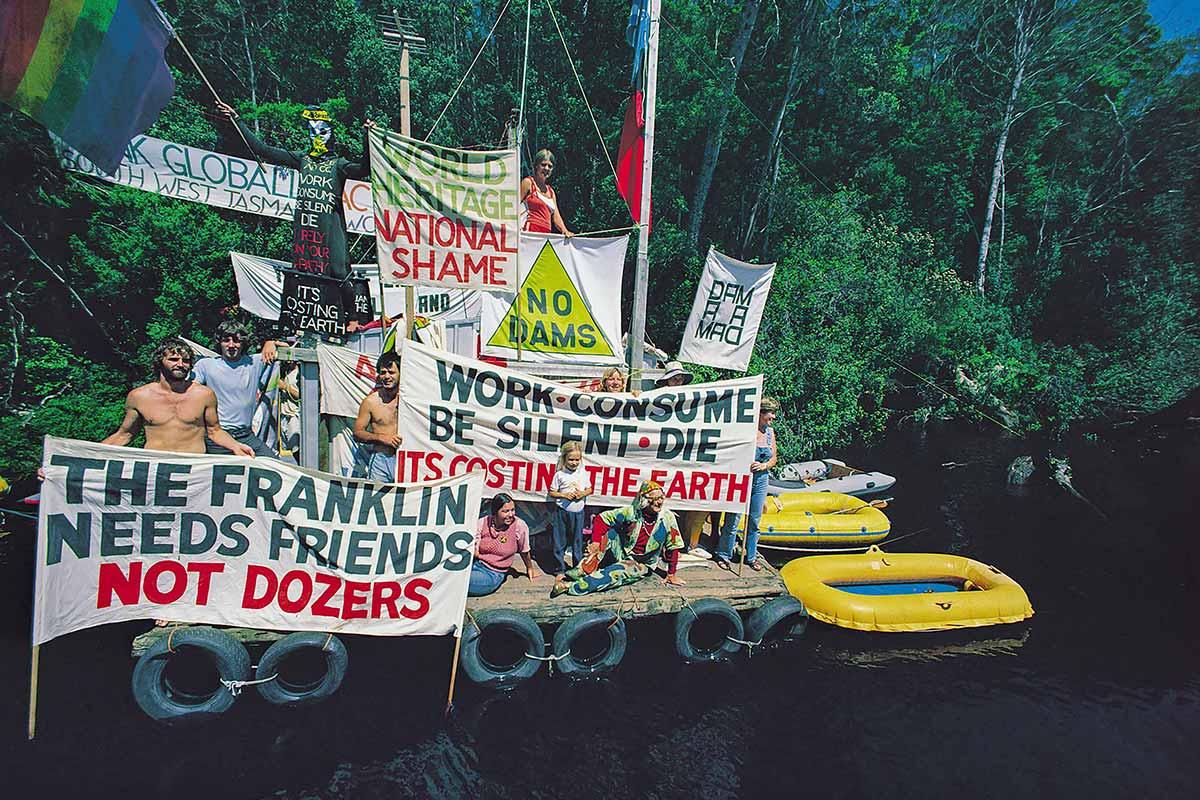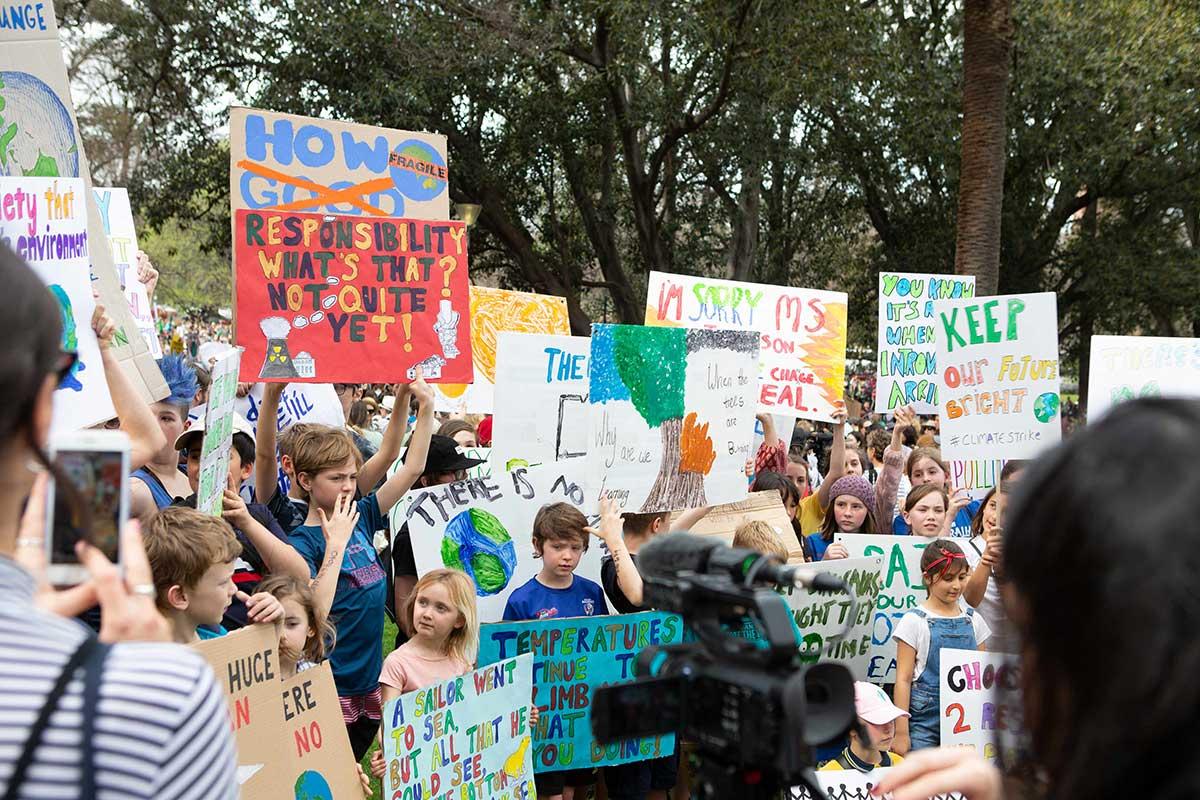Learning module:
Active participation Defining Moments
Investigation 1: How can you have an influence in society?
1.2 Can citizens change the world? ICAN can
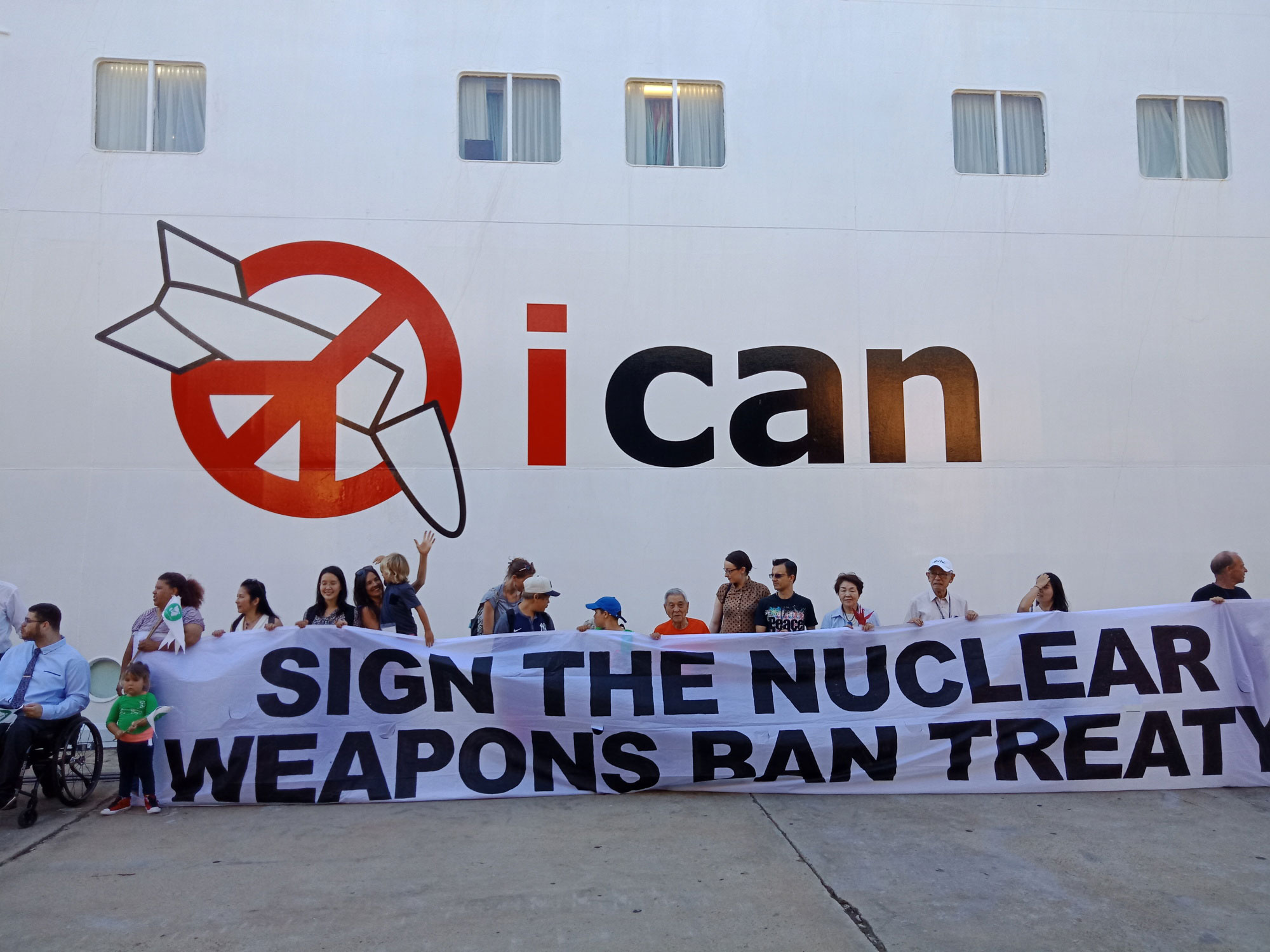
In 2017 an Australian organisation was awarded a Nobel Peace Prize.
The Nobel Prize is a prestigious international award recognising outstanding contributions to humanity in five fields — chemistry, literature, peace, physics, and physiology or medicine, with a parallel and supplementary award for economic sciences. There have been fewer than 1000 winners between 1895 and 2019, and 16 of these have been Australians.
In 2017 the Nobel Peace Prize was awarded to an Australian organisation, the International Campaign to Abolish Nuclear Weapons (ICAN).
What might this event tell us about the way citizens can promote democratic values and practices in Australia?
Read the Defining Moment in Australian history: 2017 ‘Working to safeguard the future’ — Campaign to abolish nuclear weapons wins Nobel Prize and answer the questions below.
7. Why do you think Australia has a responsibility to make a decision about nuclear weapons?
8. Why have some people argued that the Treaty on the Prohibition of Nuclear Weapons has divided the international community?
9. Research an argument for or against adoption of the treaty as law in Australia.
10. How successful would you say that ICAN has been in its campaign? Why?
11. What does a case study of ICAN tell us about the way citizens can participate in democracy?
12. What does it tell us about the strengths and weaknesses of movements and organisations for change?




